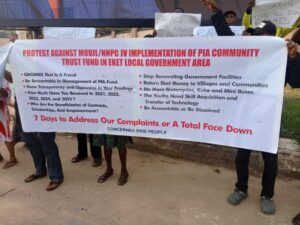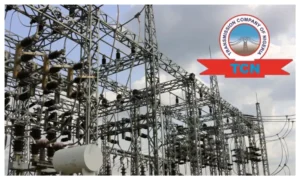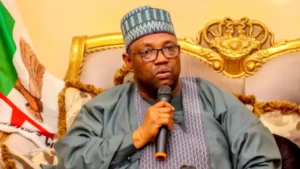Recent events in the Middle East have triggered a significant escalation in violence between Israel and Hezbollah, following the targeted killing of key Hezbollah leaders. On September 28, the Israel Defense Forces (IDF) confirmed the elimination of Hassan Khalil Yassin, a senior commander in Hezbollah’s intelligence unit. This strike took place in the Dahieh district of Beirut, a stronghold of the militant group.
Hassan Khalil Yassin was a critical figure within Hezbollah, overseeing a department dedicated to identifying civilian and military targets inside Israeli territory. The IDF described Yassin as being heavily involved in planning attacks against Israel during the ongoing conflict. His leadership position made him a prime target for Israeli military operations, as his activities posed a direct threat to Israeli security.
The IDF confirmed that Yassin had been instrumental in coordinating various operations against Israel, which included targeting Israeli civilians and military personnel. The precision strike against him was aimed at disrupting Hezbollah’s capabilities and intelligence operations.
Yassin’s death came just one day after the IDF reported the killing of Hassan Nasrallah, the leader of Hezbollah. Nasrallah was killed in an airstrike that targeted the group’s main headquarters located in Beirut. This facility was known to be fortified and concealed beneath residential buildings, making it a significant target for Israeli forces.
In a statement following Nasrallah’s death, the IDF declared that he would no longer be able to “terrorize the world,” emphasizing the strategic impact of his removal from the battlefield. The Israeli government characterized Nasrallah’s death as a major achievement, asserting that he was responsible for the deaths of countless individuals, including Israelis, Americans, and French citizens.
The assassination of Nasrallah provoked an immediate response from Lebanon. Hezbollah launched attacks on Israeli territory, prompting air raid sirens to sound in areas near Jerusalem. The IDF reported these launches on social media, highlighting the increased volatility in the region. The exchange of fire marked a significant escalation in hostilities between the two sides.
In the wake of these events, protests erupted in Iran, where demonstrators called for revenge and voiced their anger against both Israel and the United States. Protesters carried portraits of Nasrallah and chanted slogans denouncing the Israeli military actions. This public outcry reflects the broader regional tensions and the strong sentiments surrounding Hezbollah’s leadership.
In Lebanon, the government declared a three-day mourning period for Nasrallah, underscoring the weight of his loss on Hezbollah and its supporters. Iran has also called for an urgent meeting of the UN Security Council to address the escalating conflict and the broader implications for regional stability.
Israeli Prime Minister Benjamin Netanyahu hailed the killing of Nasrallah as a “historic turning point,” asserting that Israel has “settled its account” with a leader responsible for significant violence against civilians. Netanyahu’s remarks signal a determination to continue military operations against Hezbollah to ensure Israeli security.
As the violence continues, the humanitarian toll has been severe. On the same day as the strikes on Yassin and Nasrallah, Lebanon’s health ministry reported that Israeli airstrikes resulted in 33 deaths and 195 injuries. In total, over the past two weeks, more than 1,000 people have lost their lives, over 6,000 have been injured, and about one million Lebanese have been displaced due to ongoing military actions.
The impact of the conflict is felt not only in terms of casualties but also in the long-term humanitarian crisis that is unfolding in Lebanon. Displacement and destruction of infrastructure are significant challenges for the Lebanese government and international aid organizations.
The targeted killings of Hassan Khalil Yassin and Hassan Nasrallah mark a dramatic shift in the conflict between Israel and Hezbollah, with significant implications for regional security and stability. As both sides prepare for potential further escalations, the international community remains concerned about the ongoing violence and its humanitarian consequences.
With tensions running high, the situation in the Middle East remains precarious, and the potential for further conflict looms large. Continued monitoring and diplomatic efforts will be crucial in seeking a resolution to this deepening crisis.







